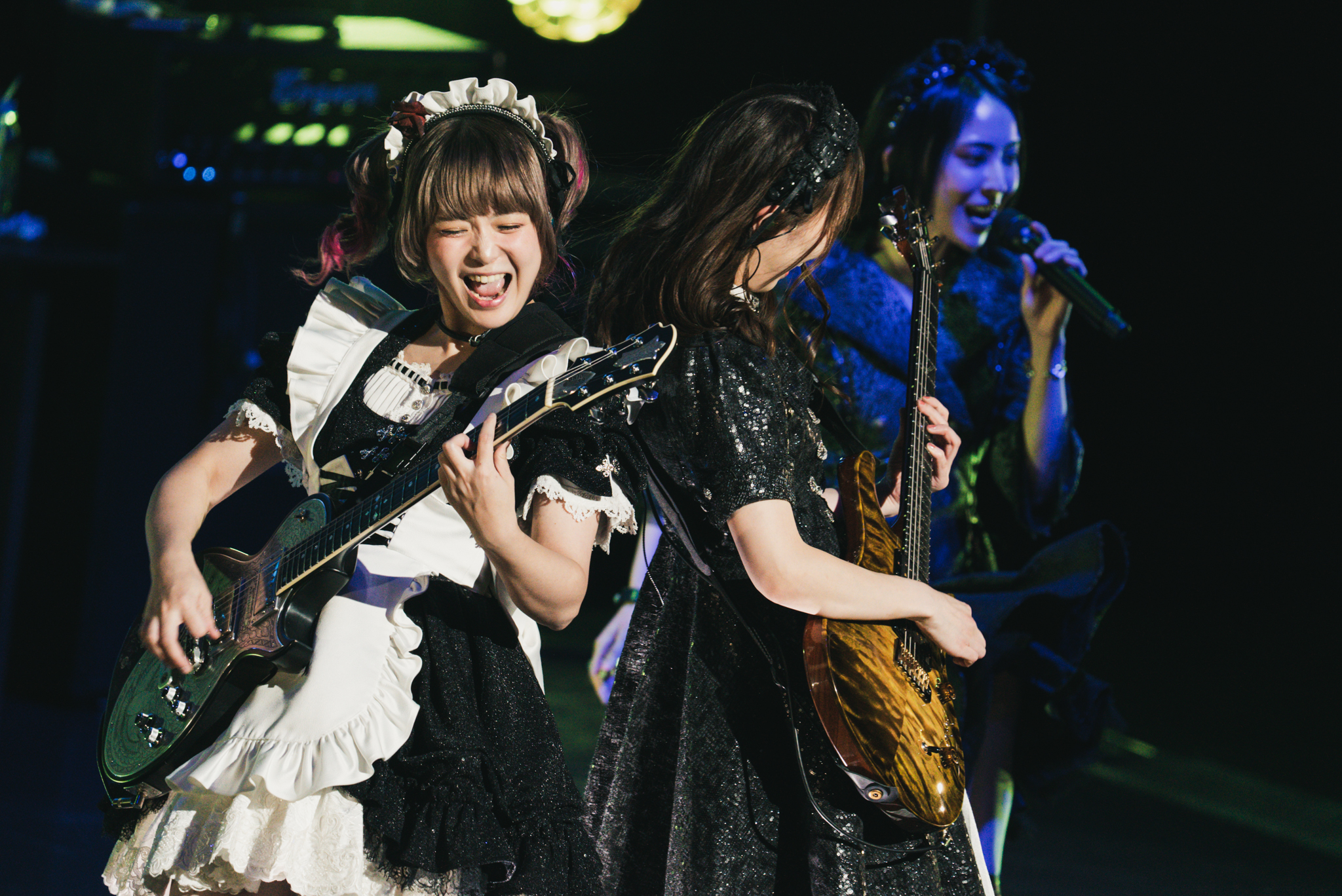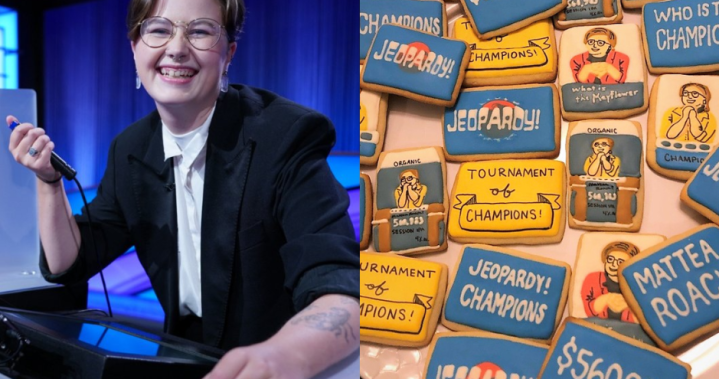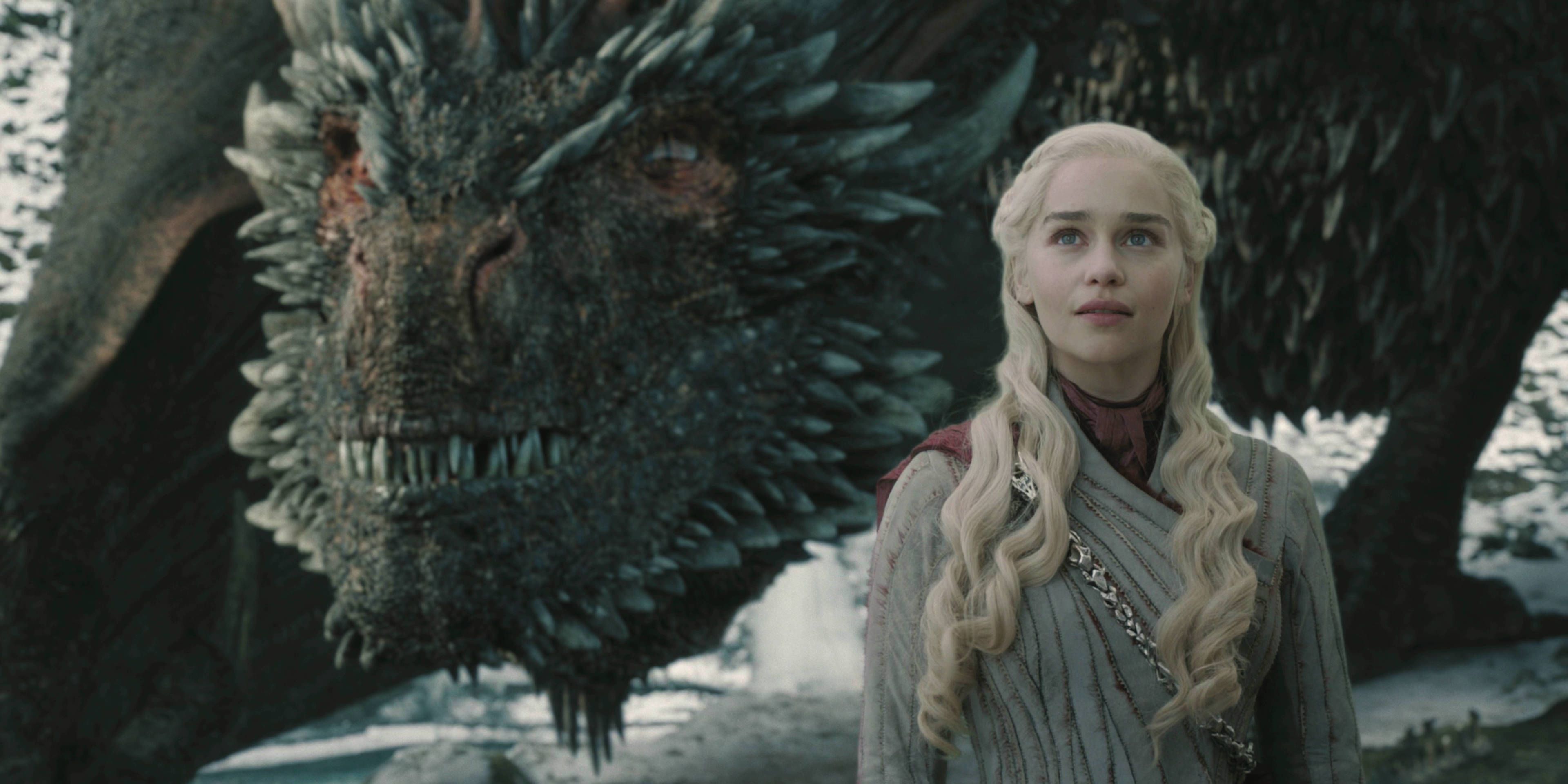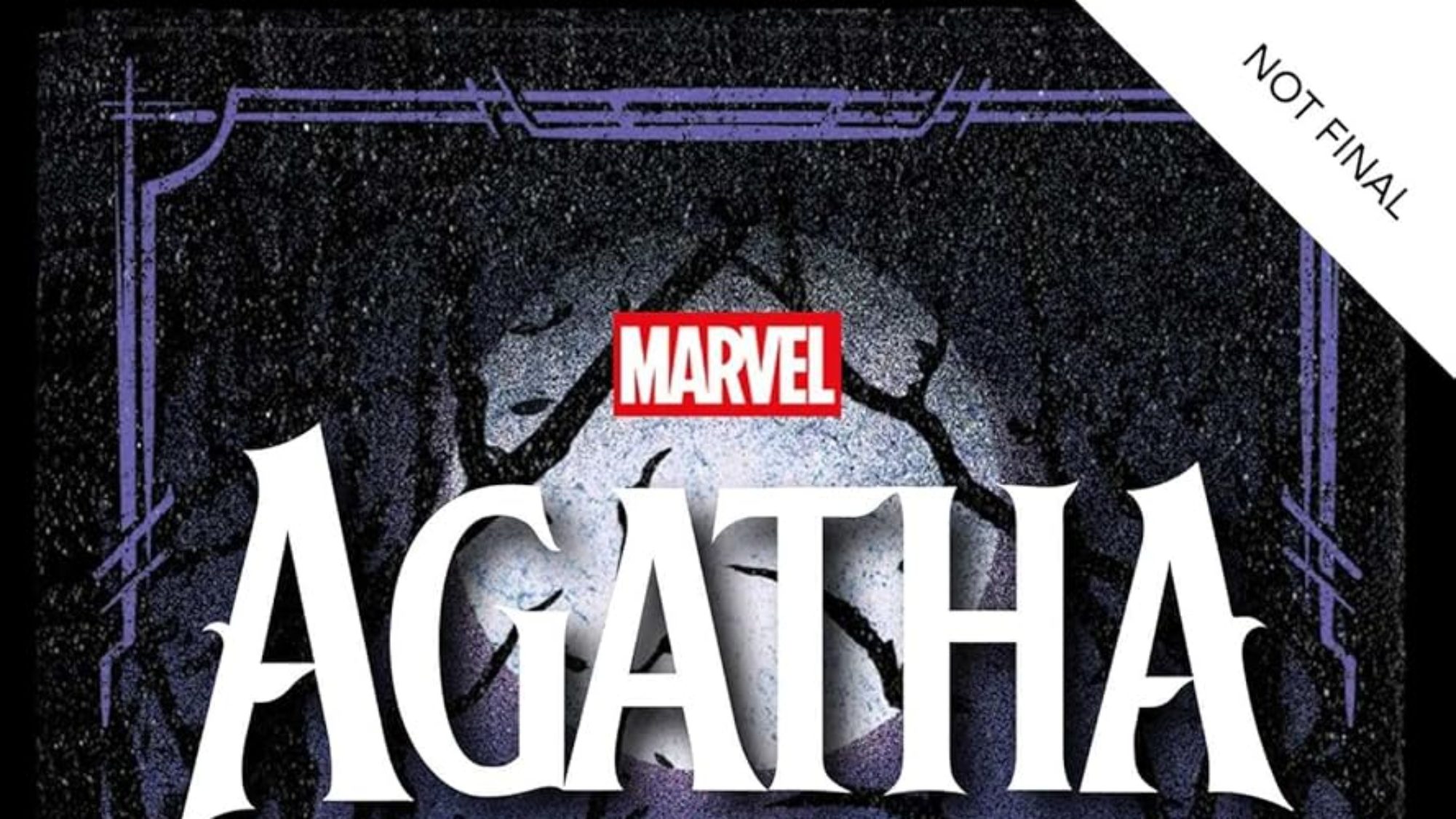Bethany Cosentino and Bully’s Alicia Bognanno appear in our Fall 2023 Issue with cover stars Scowl, Yves Tumor, Poppy, and Good Charlotte. Head to the AP Shop to grab a copy.
Bethany Cosentino and Alicia Bognanno, the voices and minds behind iconic indie bands, Best Coast and Bully, sit side by side in Cosentino’s LA home. Industry misfits turned staples, their friendship is undergirded by a mutual respect earned over the course of years spent in the music business. After meeting on tour circa 2015, the two became friends over a game of arcade basketball, for which Bognanno took the crown. But as indie music entered the pop culture arena in the early aughts, and became subject to the feuding of bands fronted by women, Cosentino and Bognanno maintained an adoration that wouldn’t come to fruition until years later in their careers.
Now, against the backdrop of Cosentino’s gallery wall of paint-by-the-number dog portraits, trading Starbucks orders (iced coffee with a little bit of oat milk and sweetener and matcha) and misremembering the drink of choice during their arcade basketball days (Corona-ritas or Jägerbombs), there is an earned camaraderie. The pair were brought closer over the last years through the shared loss of their pets Snacks and Mezzi — symbolic and lyrical fixtures of their music — management changes, and the idiosyncratic experience of being a woman in indie music.
Read more: How boygenius are breaking big
The points of intersection in their work are as nuanced as they are obvious. The songwriters behind their respective music projects, both skirt themes of angst, love, loneliness, and rebellion. Pulling at the same thread with varied intensity, Cosentino wraps pop-punk melodies around her finger, whereas Bognanno frays the hem, letting the whole thing unravel with a grunge-inflected ferocity. And as Cosentino is taking control ahead of her first solo album, Natural Disaster, Bognanno is releasing it, handing over the reins on her last album, Lucky For You.
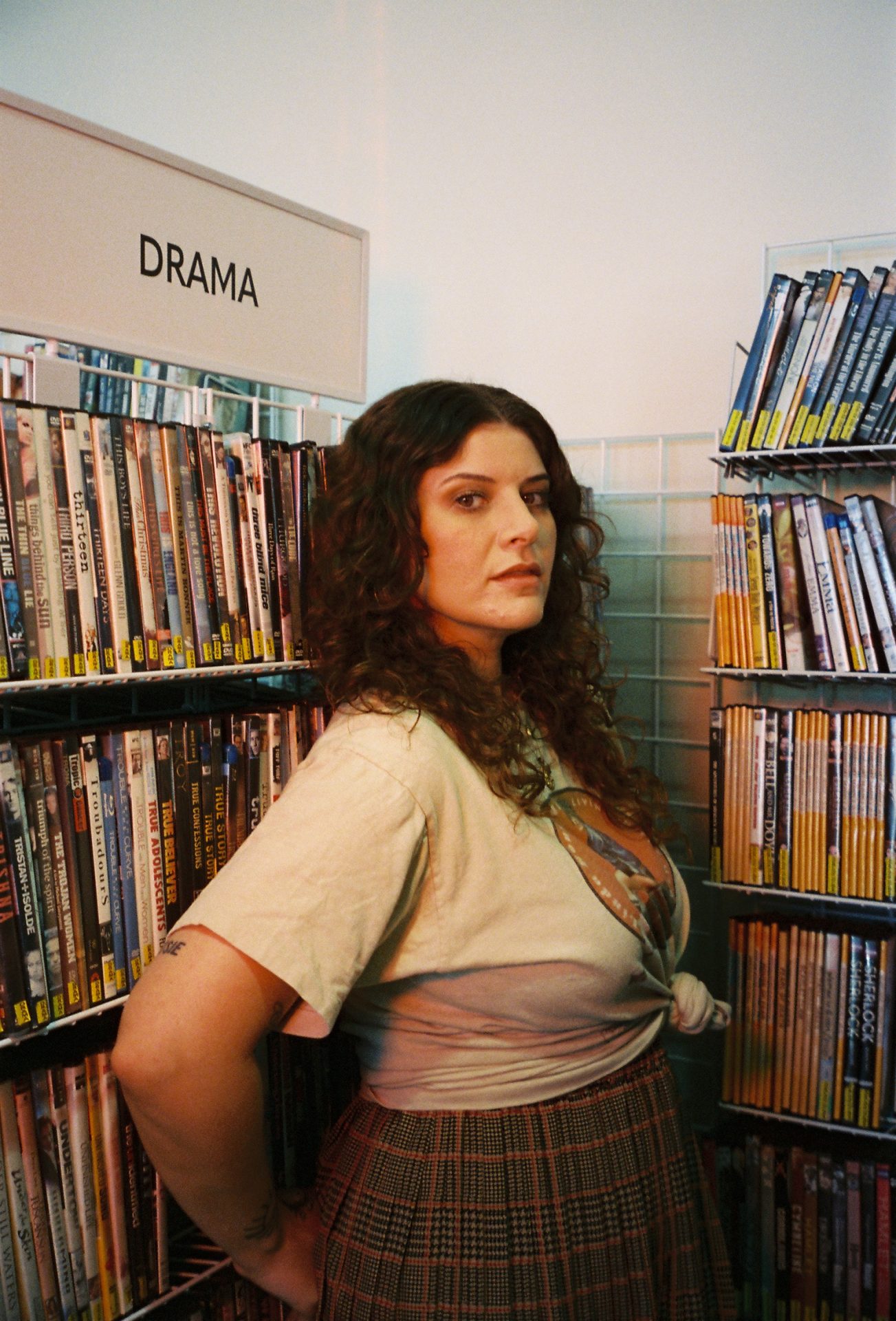
There is a shared sentiment that some things are out of their hands. The two find beauty in disaster as not only imminent but expected — natural. Confronting the uncertainty of such magnitude, the only tonic is change itself. In Natural Disaster’s polished pop-rock production, Cosentino enters a new chapter. Self-reflective lyrics and triumphant melodies run through pop-rock production by way of Nashville producer Butch Walker. With youthful angst nipping at her heels, her new record traverses complex themes of climate change, grief, freedom, and control.
“Life can change on a dime. Anything can happen. You could literally walk out the front door and not come home later because some tragic thing happened, especially the world that we live in,” Cosentino says. “It would have been very easy for me to go in [the] deep black hole of, ‘Nothing fucking matters,’ but instead it really inspired me to actually want to live my life.”
In a conversation between two iconic women in indie music, an “introverted extrovert” and an “introverted introvert,” the duo have as much to teach each other outside of music as within it.
BETHANY COSENTINO: I feel like both of the records we made are pretty ambitious.
ALICIA BOGNANNO: We both took massive leaps.
COSENTINO: We really were each other’s pep talk system. Pretty much every day, all day. We’ve known each other for a long time. I feel like we didn’t really become that close until after both of our pets died. Because it’s such a specific level of grief. It feels like losing a child. I think for both of us, our pets were with us so much through all of these different phases of our life, from starting our bands while growing up.
So when I found out that Alicia’s dog had passed away, it was maybe a couple months after my cat died. I sent flowers because after my cat died, I felt like I had to show up and be supportive because it’s just next-level grief. Then I feel we really started to connect in a different way than we had before. We also happened to both be making these records, taking risks. We really had to be each other’s cheerleader.
BOGNANNO: We were both going through management changes, which is a pretty intense relationship. I mean, I was with my previous manager for eight years…
COSENTINO: Oh, my God, I was with mine for eight.
BOGNANNO: It’s a big relationship shift because they basically know everything about you and have access to all your stuff. It’s a really interesting dynamic, almost like a breakup. But this is also Bethany’s first solo record, and this was my first time seriously working with a producer, where I was collaborating in a way that I never had before. Usually I go into a record cycle, and I have everything demoed out to the T, and I’m just going in and having it engineered. So in that way, we’re both doing very unfamiliar things, and it was really nice to have a support system. Those three things on their own are pretty life-changing.
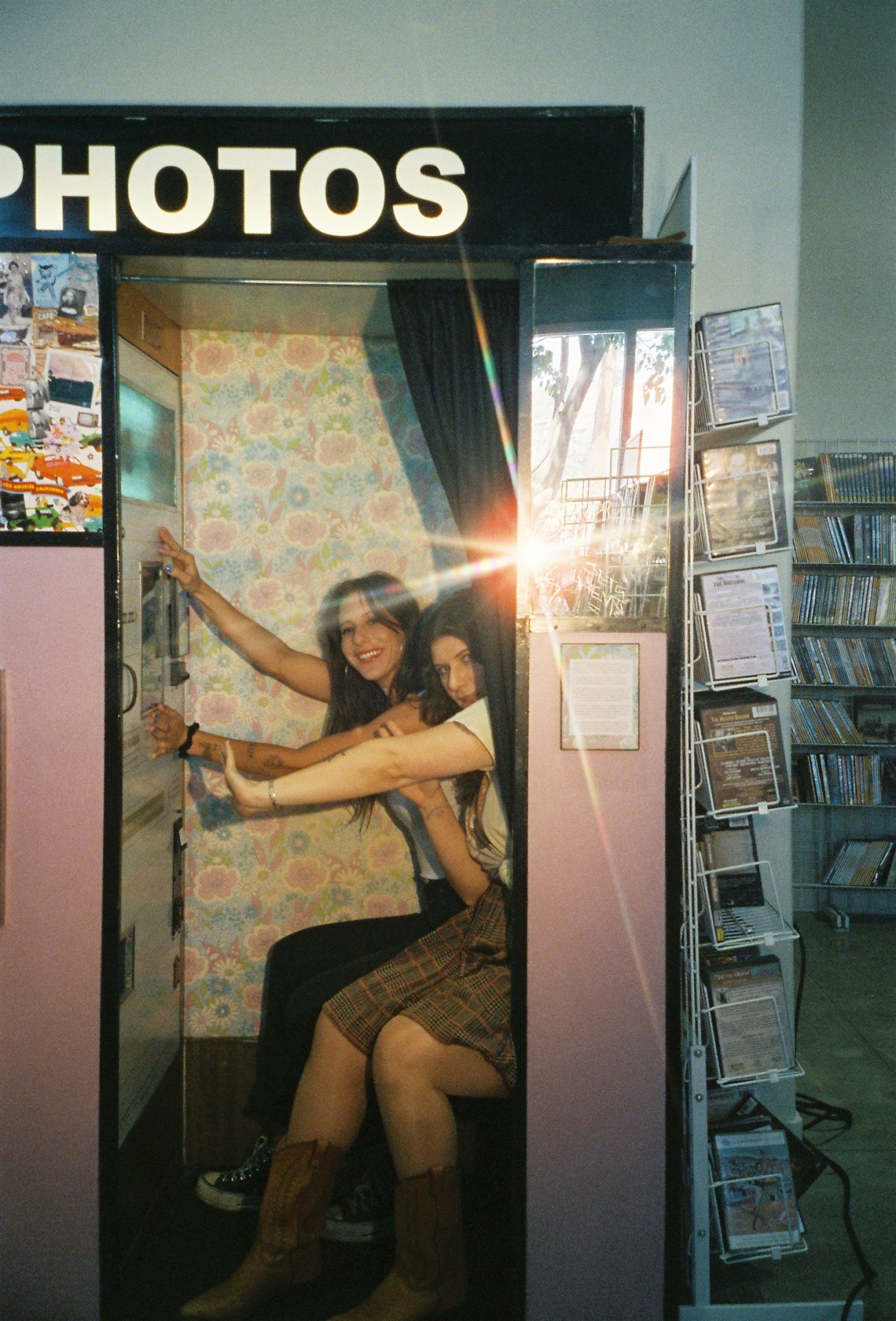
COSENTINO: In this industry, the quote-unquote problems of a working musician are so specific that it can be hard to understand for your friends outside of the industry. If you talk to them about being overworked or doing press all day or you have to go on tour, a lot of people still look at you like, “But you’re living the dream.” We are very fortunate to make a living off our art, but it comes with a lot of complications — stuff that affects your mental health.
BOGNANNO: I would say that’s the biggest thing. It’s the mental health aspect of creating something so personal and vulnerable, and then putting it out for everybody else to decide the worth of it. I know that we both have a similar mentality that all you can do is genuinely the best that you can. Create something that you love. From there, you need to do all this work on accepting how it’s going to be received and not letting it validate you.
COSENTINO: We know that that’s the rational approach to it, but I think most artists struggle with a fear of being not received well or getting bad reviews or any of those things because it’s a very vulnerable thing. Everyone wants to be loved and accepted for who they are. But I think that even though we both know this and would tell this to each other all the time, sometimes it’s just really helpful to have to tell somebody else because when you hear yourself say it, you’re like, “Oh, I have to apply this to myself.” We would say that to each other back and forth over Voice Memos. Like, “Remember bitch, you gotta let go.” We “Jesus take the wheel” each other a lot. That’s one of our favorites. That and YOLO. We’ll text each other, “YOLO, babe.”
BAGNANNO: Mine is YOLITA.
COSENTINO: But seriously, Alicia and I met many, many years ago, and both of us have grown so much. When you’re in the public eye, even at our level — we’re obviously not Katy Perry famous — but when anybody has access to you and your life, it’s really hard to evolve. I have a tendency to really identify as what the public perceives me as, so I really wanted to make this record because I got so tired of being perceived as one thing. At this point in time, I have to choose myself and do the thing that I want to do. I think we’re both experiencing that by way of different circumstances.
We’re very similar in a lot of ways, but we’re also so different. I think you’re a lot more introverted. I’m an introverted extrovert, where I can be very “on.” I know how to work a room or play the game, but afterwards, I need to leave for my alone time.
BAGNANNO: I’m introverted introverted. I’m way worse in social situations. I don’t have an ability to turn it on. I’m not good at networking or social media. It’s really exhausting to me. When I drank, I felt like I used it to tap into being like everybody else. I could escape from being in my head, but it never got easier. I just had to accept that I’m really not going to be that person.
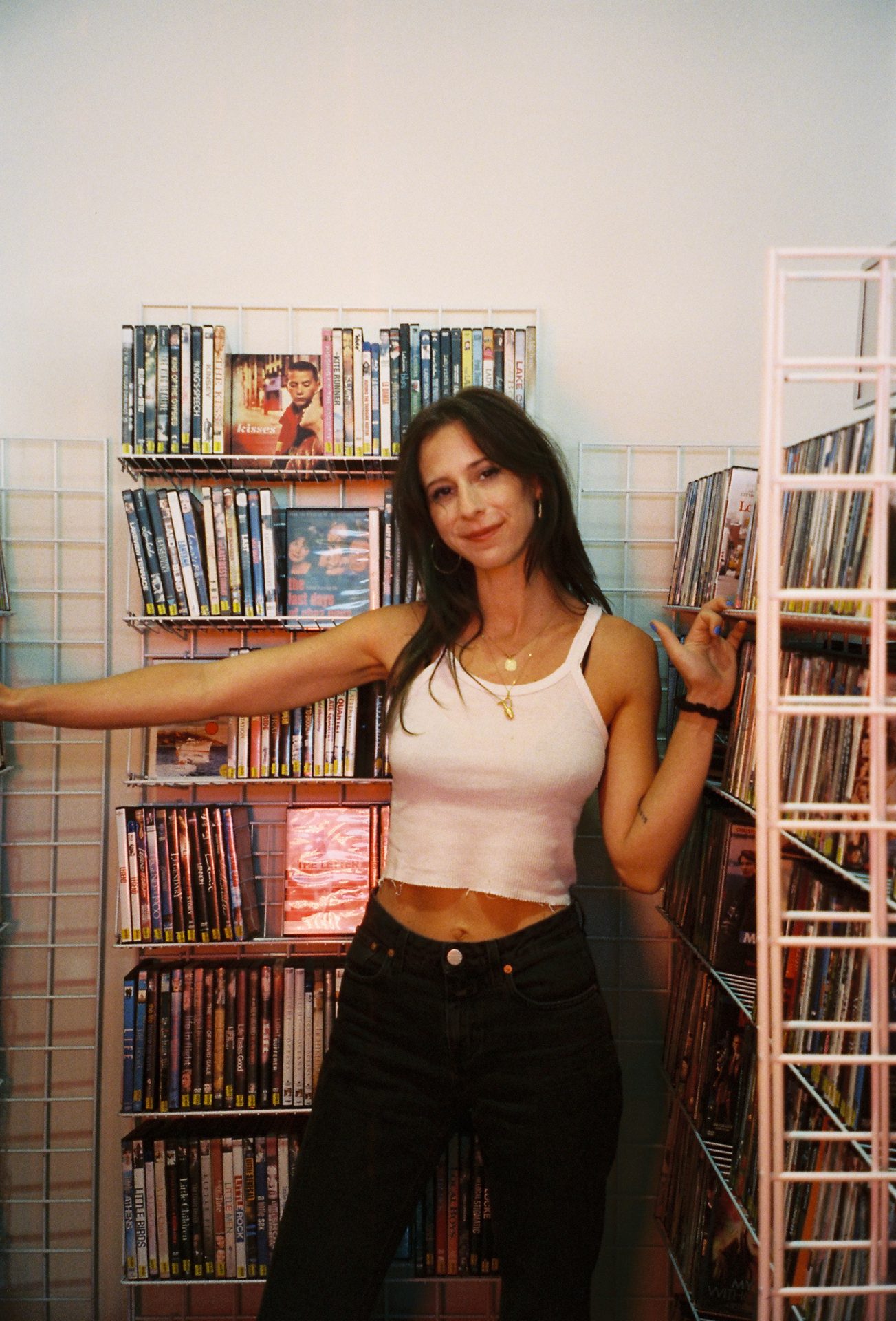
COSENTINO: I think we both struggle with that, like impostor syndrome. I often feel like I’m not worthy of the attention that I get. I constantly tell people I don’t know how to play guitar. I’m not a guitar player. I don’t know any of the technical stuff. I’m not a musician. But none of those things actually matter. So now I’m owning all of that. On this record, I’m really singing and really willing to be like, “I am a singer.” I started singing really young. I took opera lessons, and I was always hiding. As I got older, I really started thinking, “Wait, I might actually be a good singer.” [On] this record, I was really asking myself, “Why am I trying to pretend? Why am I insecure?”
BAGNANNO: That’s kind of the evolution of vocals when you start a rock band.
COSENTINO: Well, also indie rock. I think [in] indie rock, there’s this idea that you’re not supposed to be a good singer. So I think I was supposed to have a cool indie voice. But this was my first time really doing my own thing, not having to run it by another person. It was just me and Butch, my producer, and some session musicians. In terms of the creative, too, just being able to make my own choices has been very imperative for me and my growth as an artist, but [as] a human being, too.
One of my biggest anxieties is people feeling like I’m abandoning Bobb [Bruno] or Best Coast. It was very hard on me, and I love him so much. I’ve known him since I was literally 16 years old. It was a very intentional decision to hang all that up. I don’t know how long it’s going to be. Maybe it won’t ever come back. Maybe it’ll come back next year. I don’t know. I’m very fortunate to have a collaborator and friend in Bobb Bruno, who supports me through that. I feel like a lot of my fear stemmed from a misogynistic viewpoint of women can’t choose themselves.
BAGNANNO: That’s why I was in a quote-unquote “band” for so long. Everyone was like, “How dare she be the only one?” That was the reason to come out and be more like, “It’s been me the whole time.” I still get asked about it, but nobody else has ever written for Bully. I think it’s mainly because it’s rock music, and I don’t use my name, but it’s me.
COSENTINO: I remember getting shit from people to basically hide how much I contributed, but it’s just wanting to be the peacekeeper. Bobb and I really did collaborate, but do you think a guy was writing those songs about “I wish you were my boyfriend”? It was very much a collaborative thing between me and Bobb, but I was the sole songwriter. So it was always my stories and my lens looking at life and my experiences. So I made the decision to be like, “I’m gonna walk away from this and start performing music under my own name, make my own record, and do a totally different style of music.”
I wanted it to be mine. I really needed a new canvas. I had all these experiences through the pandemic that made me really reevaluate my priorities. That was the first moment I realized life can just change at any second. You can literally walk out the front door and not come home later, especially in the world that we live in where there’s shootings and political upheaval and chaos all the time. It would’ve been very easy for me to go into a deep black hole of, “Nothing fucking matters.” But instead, it really inspired me to actually want to live my life.
BAGNANNO: I got pretty into Dharma talks years ago, so I definitely already had some moments of being in the present because that’s all there is. It’s just acceptance of impermanence.
COSENTINO: I realized that I didn’t relate to that identity anymore, of Bethany from Best Coast. I had outgrown myself — that’s so painful. That’s why the record is called Natural Disaster. It’s also a commentary on the state of the world and climate change. But I also feel like I experienced my own sort of natural disaster. I felt like my core and my foundation was breaking. But it’s all presented in a way where it’s catchy. You can sing along. I don’t want to stare down into darkness for too long because then I feel I just become the darkness. So I hope that people can hear it and feel inspired to allow themselves to evolve.

